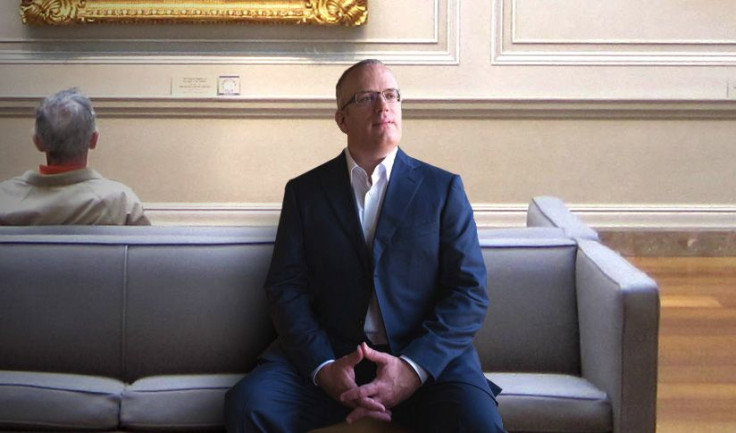Brave, A New Browser From Mozilla's Brendan Eich, Promises End To 'Malvertising'

A new browser from Mozilla co-founder Brendan Eich promises to revolutionize the internet ad industry with a brand new approach. Brave, announced on Wednesday, removes web ads and replaces them with its own ads.
It may seem counter-intuitive, but Brave was developed with the goal to clean up the web. While many ads on the internet could be considered "malvertising," loading up unwanted tracking software and slowing computers, Brave promises to only show clean, fast loading ads that respect users' privacy.
The revenue from these ads is then shared between various parties: 15 percent to Brave, 15 percent to users as part of a Bitcoin-like transfer system, 15 percent to partners that deliver ads, and the remaining 55 percent to the website publishers. Eich told Forbes it's more than sites usually receive, which is in the region of 20 to 45 percent. Users can use the earned currency to remove ads from sites entirely.
The big question is whether users will switch to a new browser. There's plenty of reasons to think Brave can pull it off: it has an attractive business model sure to appeal to users sick of ads. It has ad industry backing: Eich told MediaPost that Brave's model is supported by one major ad agency, and the firm has plans to speak with more. Eich is hoping that publishers will also want users to switch: the long-term plan is to move to a model where content providers get a whopping 70 percent of revenue, much like Apple's app store.
Beyond advertising, the browser is also secure: Brave integrates HTTPS Everywhere directly into the browser, which redirects site requests over secure channels even if the destination site does not use HTTPS encryption by default. Brave also blocks third party tracking technologies.
But persuading users to download a whole new browser just to use a new ad model may be a tough sell. HTTPS Everywhere, ad blockers and anti-tracking tech are all available as Chrome extensions. On iOS, using a third-party browser is an exercise in frustration, as Apple still doesn't allow users to set new default browsers. Brave's key selling point is its ad model, which drives secondary benefits like speed.
The video shows Brave loading websites several seconds faster than the Safari browser built into every copy of iOS. Brave claims that 60 percent of time spent loading pages is to display the various ads around the page, 20 percent of that time specifically aimed towards loading tracking content.
Whether Brave will repeat Eich's previous successes remains to be seen, but he is no stranger to disruptive web technologies. He started working at Netscape in the mid 90s, where he invented the JavaScript technology that powers most popular websites. Following this, he co-founded Mozilla, which went on to develop the Firefox web browser. Mozilla claimed in December 2014 that half a billion people worldwide use Firefox as their browser.
The browser is still in beta, with open source versions of the project available for iOS, Android, Windows, Mac and Linux.
© Copyright IBTimes 2024. All rights reserved.






















